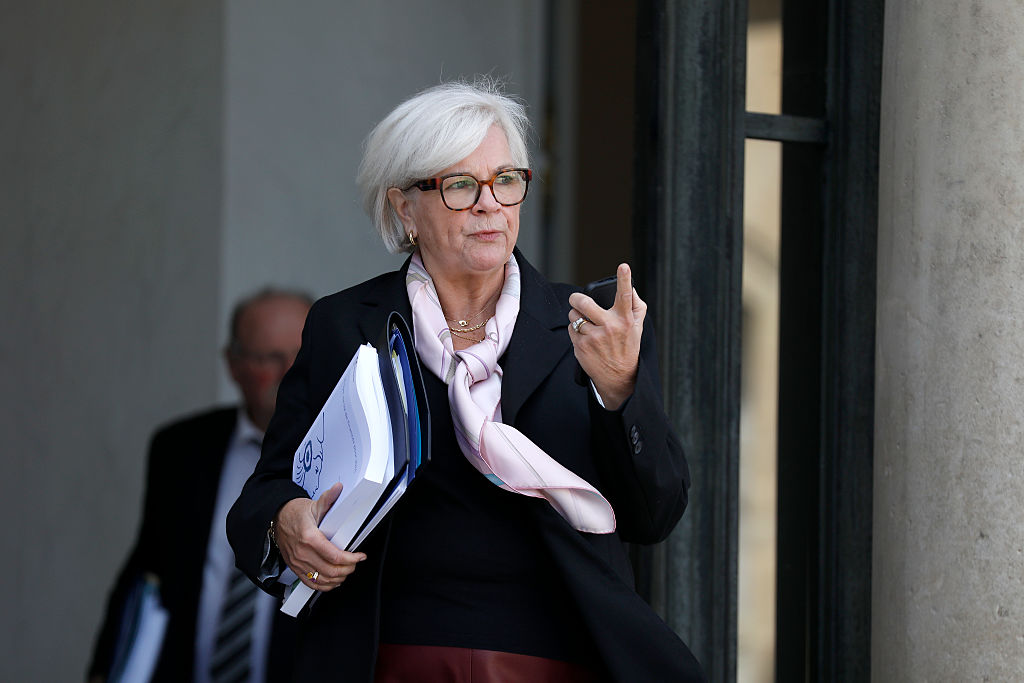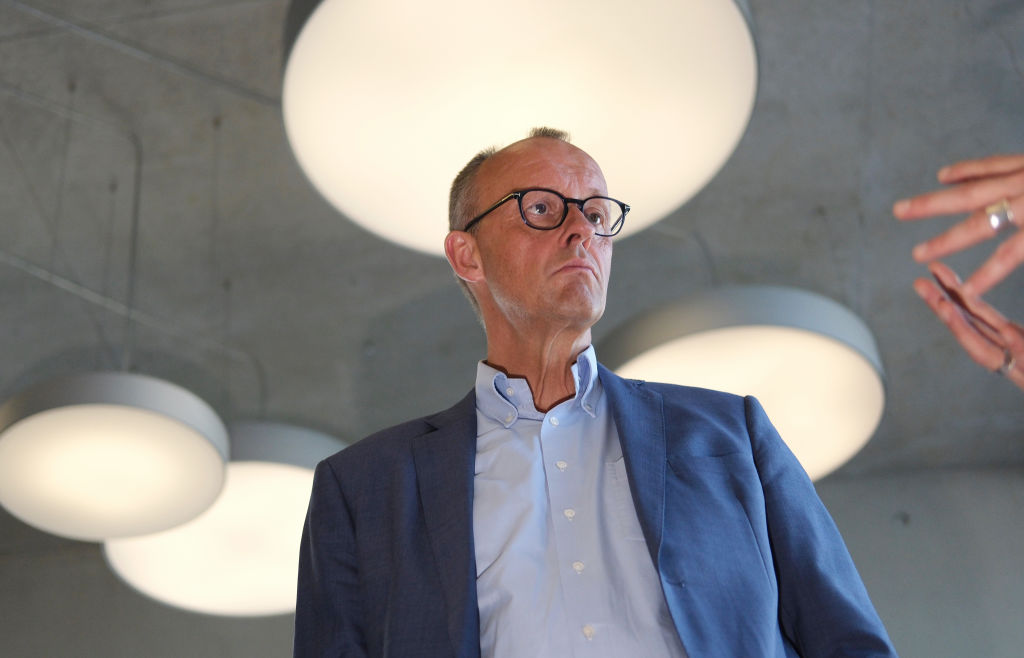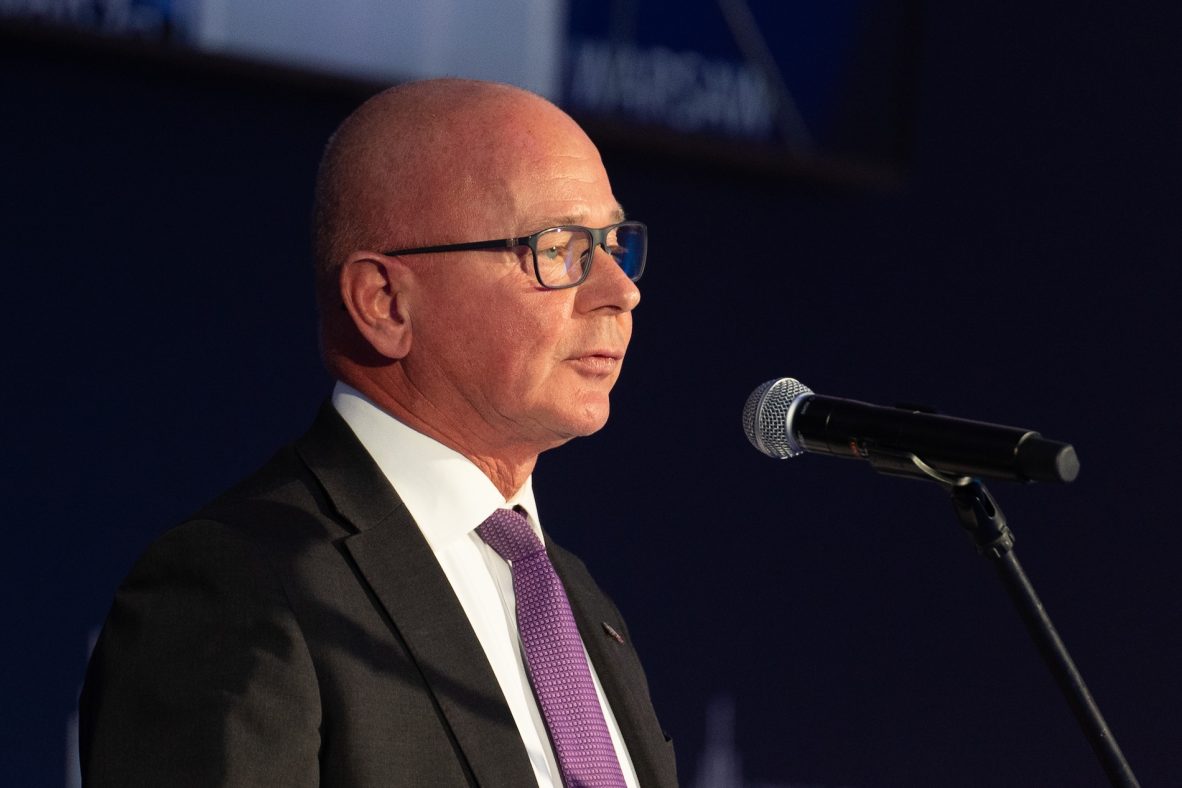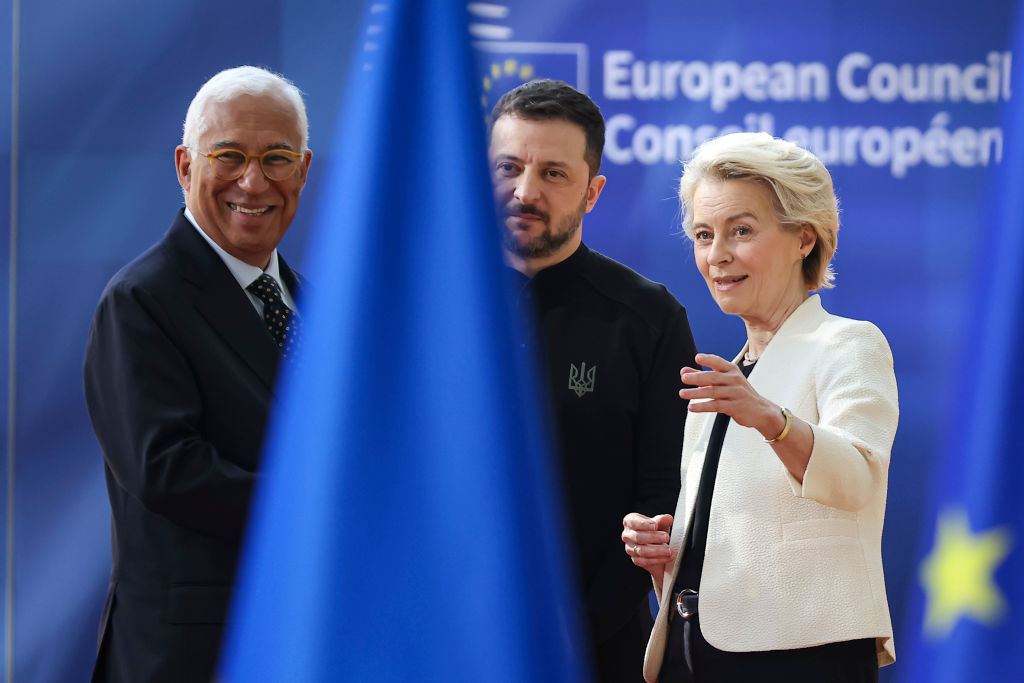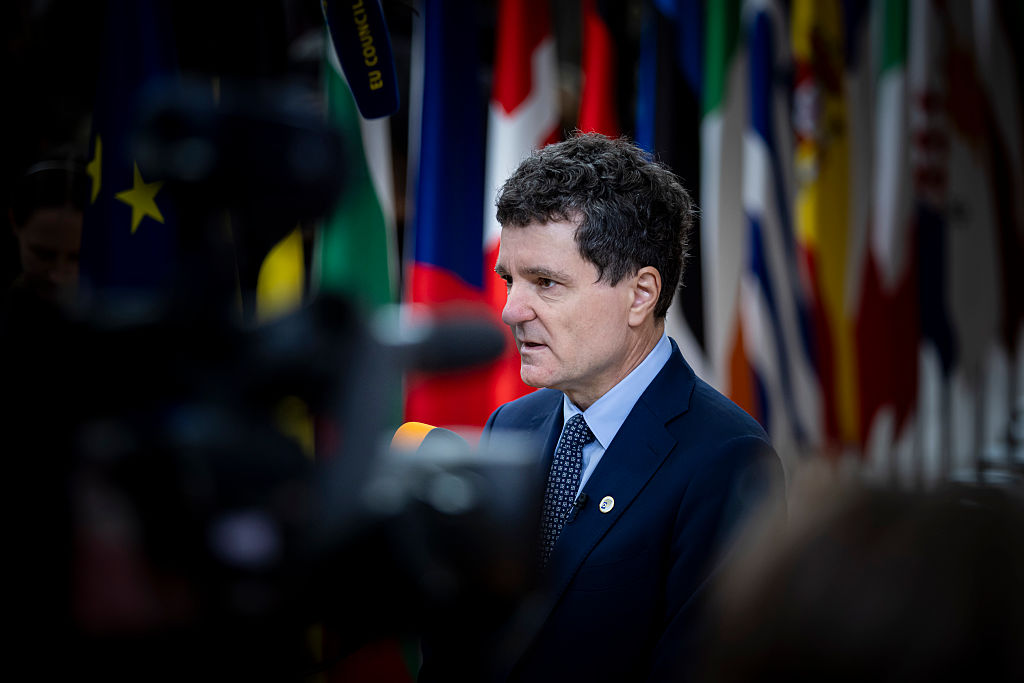Germany's Social Democrats unveil majority-female ministerial team
The centre-left party will send four women and three men to the cabinet of incoming chancellor Friedrich Merz.

BERLIN – The Social Democrats named their ministers in the incoming German government on Monday, with some big names from the era of previous chancellor Olaf Scholz nowhere to be seen.
That cements the power of the SPD’s co-chair, Lars Klingbeil, who has miraculously positioned himself as the new figurehead, even though his leadership was linked to Scholz’s election defeat in February.
While Klingbeil secured the positions of vice-chancellor and finance minister, Scholz’s Labour Minister Hubertus Heil and the former Minister for Development Svenja Schulze missed out. The SPD’s unpopular other co-chair, Saskia Esken, also did not get a ministry, putting her future as leader in question. The only survivor from the Scholz cabinet is the popular Defence Minister Boris Pistorius, who will retain his post.
Notably, the SPD will send four women and three men to the cabinet of Friedrich Merz, who will be confirmed as the new chancellor by the German parliament at 9am on Tuesday. Merz, a Christian Democrat (CDU), had pointedly refused to commit to the gender parity of Scholz’s cabinet.
The two other coalition partners – Merz’s CDU and their Bavarian allies, the Christian Social Union (CSU) – named their ministers last week. They will head seven and three ministries, respectively. The SPD also gets two junior ministers.
With Scholz bowing out Monday night with the traditional musical ceremony from the country’s armed forces, here’s what you need to know about the SPD’s new team …
Finance Minister: Lars Klingbeil
The SPD chairman is an adept networker and communicator, which he showcased in his many chat-show appearances. As general secretary and number two of the party, Klingbeil organised the election campaign that saw Scholz take the chancellery in 2021. He subsequently became the party’s leader and oversaw this year’s historic election defeat. Despite being ‘one of the architects of failure’, Klingbeil has managed to use his well-established networks to replace Scholz as figurehead, however.
He has little experience in fiscal policy, having previously worked on foreign, defence, and digital issues. But securing the ministry was seen as key to implementing SPD priorities like protecting industrial jobs and pensions. Klingbeil will also distribute the money from Germany’s new €500 billion infrastructure fund and oversee negotiations for the EU’s 2028-2034 budget on the German side. However, he will also have to close a billion-euro budget hole, inherited from the previous government.
Defence Minister: Boris Pistorius
Pistorius took on the hot seat of Germany’s chronically underfunded defence ministry amid Russia’s full-scale invasion of Ukraine – and he succeeded. His straightforward language and authentic communication have quickly made him Germany’s most popular politician.
When the SPD was struggling to catch up with the CDU before the elections, some in the party pushed to replace Scholz with Pistorius as lead candidate. He ultimately declined, however, and also ended up missing out on taking the lead after Scholz’s exit.
Staying in the defence portfolio also provides continuity in the relationship with French counterpart Sébastien Lecornu, with whom Pistorius managed to salvage struggling bilateral defence projects. Pistorius is known for a hawkish stance on Ukraine and his push to get Germany ‘ready for war’. The recent debt-rule reform may finally equip him with sufficient means to level up the armed forces.
Labour Minister: Bärbel Bas
Serving as president of the German Bundestag – the second-highest political office – Bas has gained in public stature over the last four years. Her new post effectively makes her the new female figurehead of the party, as co-leader Esken seems on her way out.
The daughter of a bus driver, Bas left school with the lowest degree and started working as a welder. She gradually worked her way up via several traineeships, ultimately ending up leading her company’s health insurance department. She has served as an MP since 2009, specialising in social and health policy.
Other ministers
Justice Minister: Stefanie Hubig. One of many surprises among the SPD’s cabinet picks, Hubig was virtually unknown in national politics. She previously served in the SPD-led regional government of the state of Rhineland-Palatinate, most recently as education minister.
Her portfolio will include both modernising the German bureaucracy and protecting democratic institutions, a process started by her predecessor Marco Buschmann.
Minister for Economic Cooperation and Development: Reem Alabali-Radovan. Previously federal commissioner for migration, refugees, and integration as well as anti-racism, the daughter of Iraqi refugees still has a low profile. She will be entrusted with a ministry that was tipped to be abolished during coalition talks, and protecting foreign aid from planned budget cuts will remain an uphill battle.
Environment and Climate Minister: Carsten Schneider. The new environment minister is one of the longest-serving MPs, who has been in parliament since 1998. Under Scholz, he was a junior minister responsible for the regions of the former East Germany. The environment brief will become more important this term, as it has received back the climate portfolio from the Economy Ministry. Schneider will have a hand in funnelling money from the €500 billion infrastructure fund into net-zero projects.
Housing Minister: Verena Hubertz. Another dark horse, Hubertz oversaw the portfolios of economy, housing, tourism, climate, and energy as member of the SPD’s parliamentary leadership. Prior to becoming an MP, she created a successful cooking app. She inherits a tough job from her SPD predecessor, a Scholz loyalist, who failed to deliver on the ambitious target of building 400,000 housing units a year.




